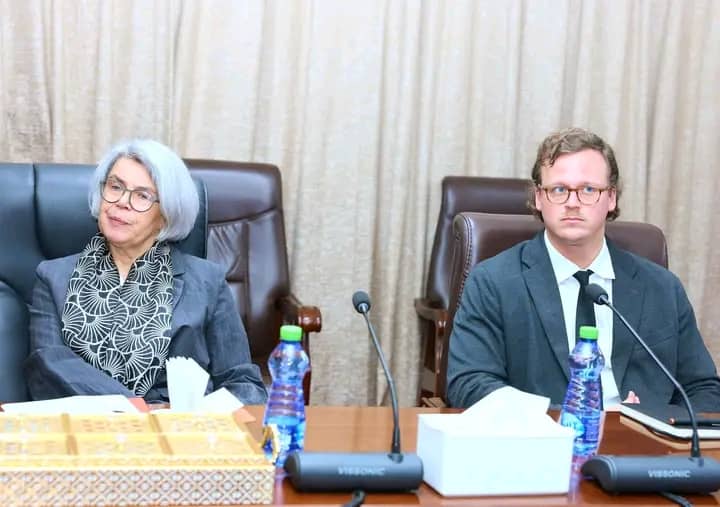Burkina Faso – Postal Bank of Burkina Faso Makes Financial Inclusion A Credo
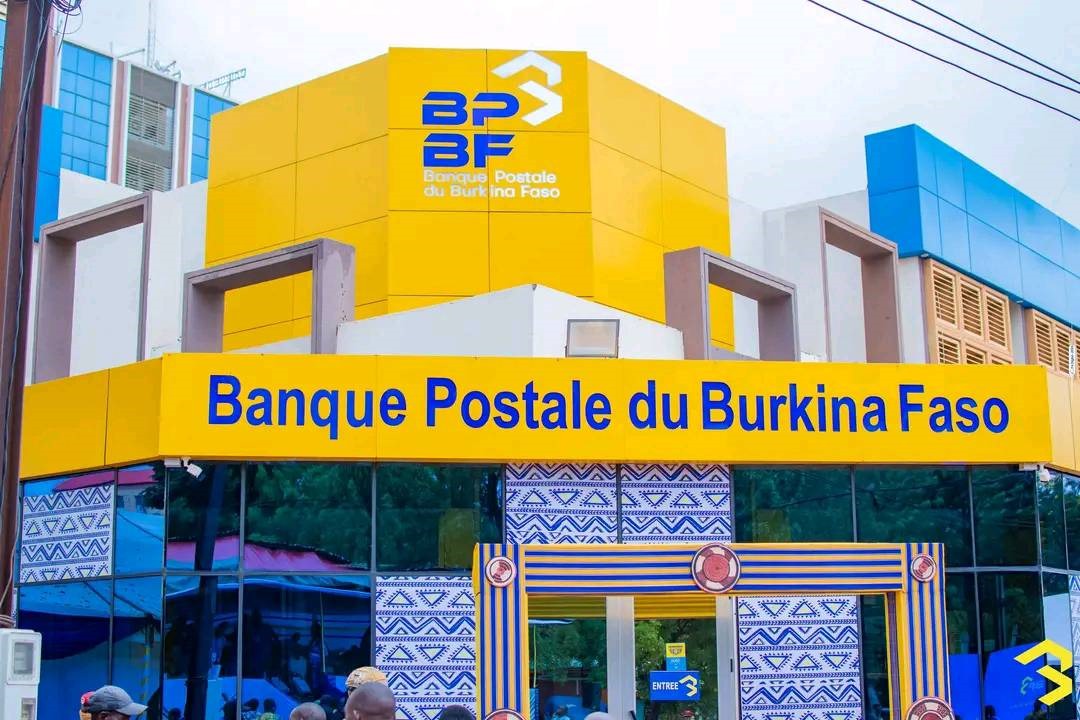
By Sougrinoma Inocent ILBOUDO, Burkina Faso

The President and Head of State of Burkina Faso, Captain Ibrahim Traore, has officially launched the activities of the Postal Bank of Burkina Faso (BPBF) in Ouagadougou on Monday.
In his official speech delivered by the Minister of Economy and Finance, Aboubakar Nacanabo, the President of Faso welcomed the birth of this bank, which is in line with his vision of “inclusive development, economic and social progress from which every Burkinabè can benefit”.
For the Head of State, this institution is not just a bank; it embodies the aspirations of the people in their quest for greater well-being, which will come about thanks to the financing of strategic sectors of our economy.
the Postal Bank of Burkina Faso, alongside the “Banque des Dépôts du Trésor and the Caisse des Dépôts et d’Investissements”, whose activities will be launched shortly, will play “a crucial role in the centralization of public resources and the financing of structuring projects, thus contributing to the economic transformation of our country”.
In the bank’s guestbook, the President of Faso invited staff to make the BPBF, a local financial institution that will support development throughout Burkina Faso.
BPBF Managing Director, Inoussa Boundaone praised the efforts of the Head of State and the government for their involvement in the effective launch of the bank. For him, the BPBF, which took its first steps into the banking world in April 2023, is “the fruit of a collective effort, guided by a strong conviction, that of bringing banking services closer to citizens, wherever they may be”.
With a capital of 15 billion FCFA, the BPBF is a commercial bank for the general public. According to the General Manager, it reflects the shareholders’ commitment to offering financial services tailored to the needs of the population, with a view to strengthening financial inclusion.
The bank’s ambition is to facilitate access to financial services for the most vulnerable, support small and medium-sized enterprises, and play a driving role in the development of the national economy.

categories
recent posts

NIGERIA: Police Rescue Kidnapped University Student In Major Security Operations
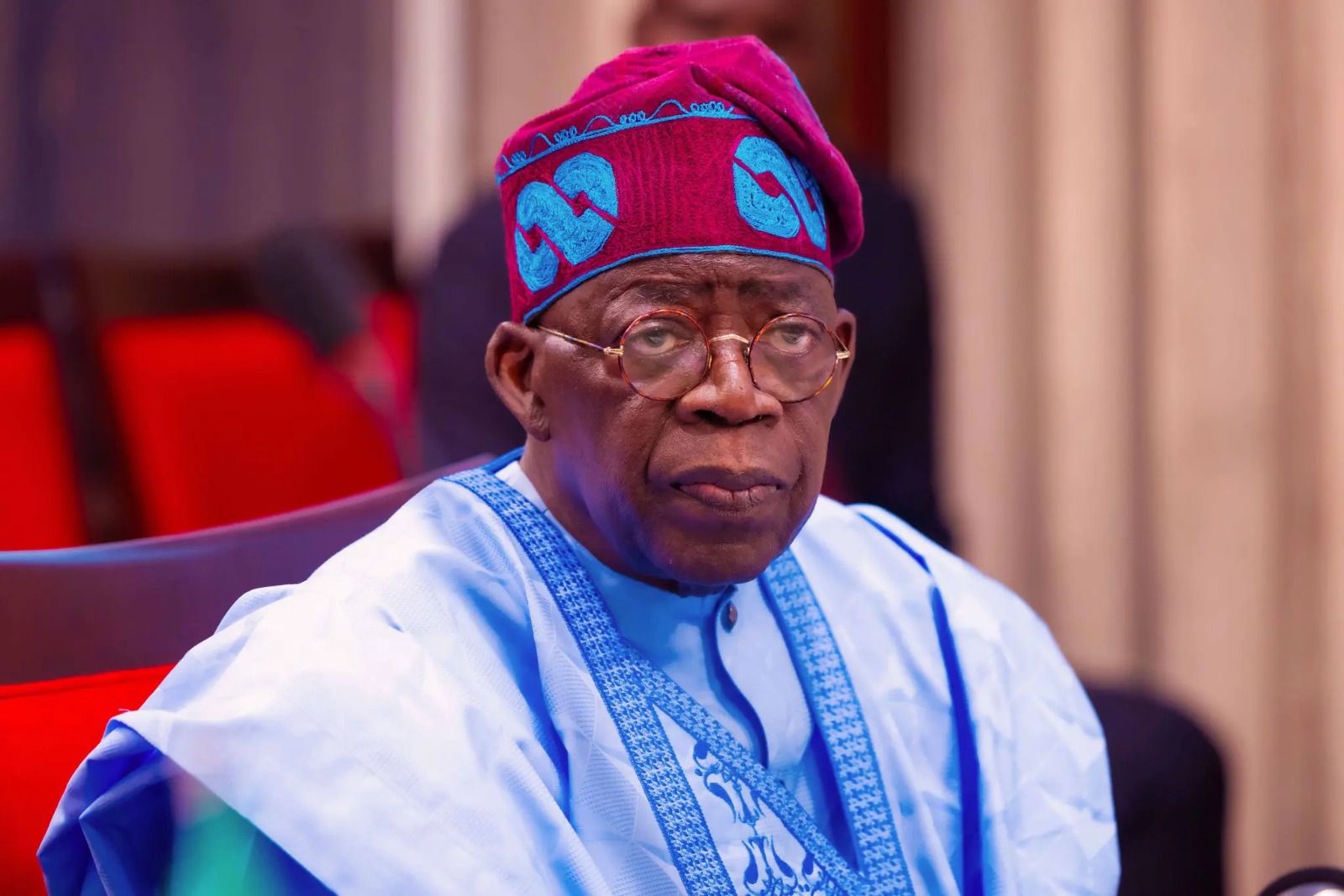
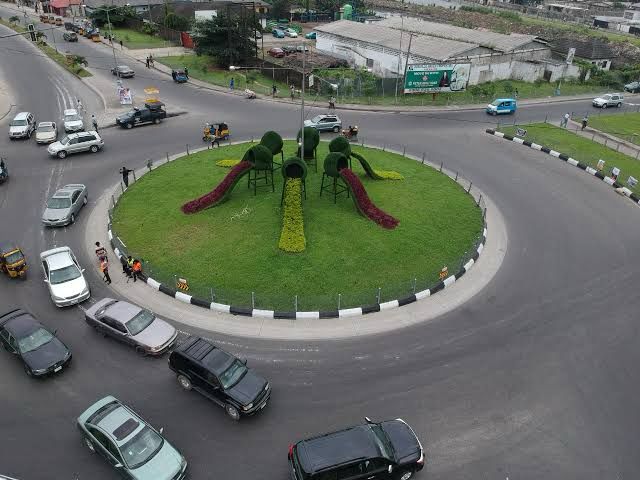
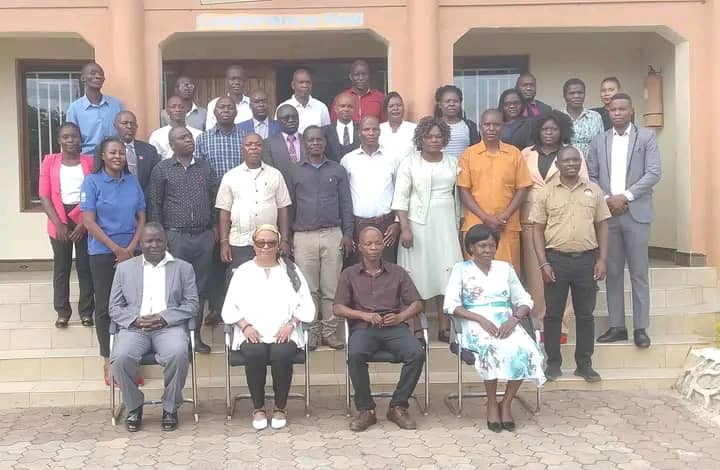
Malawi Human Rights Commission Calls For Improved Prison Conditions
